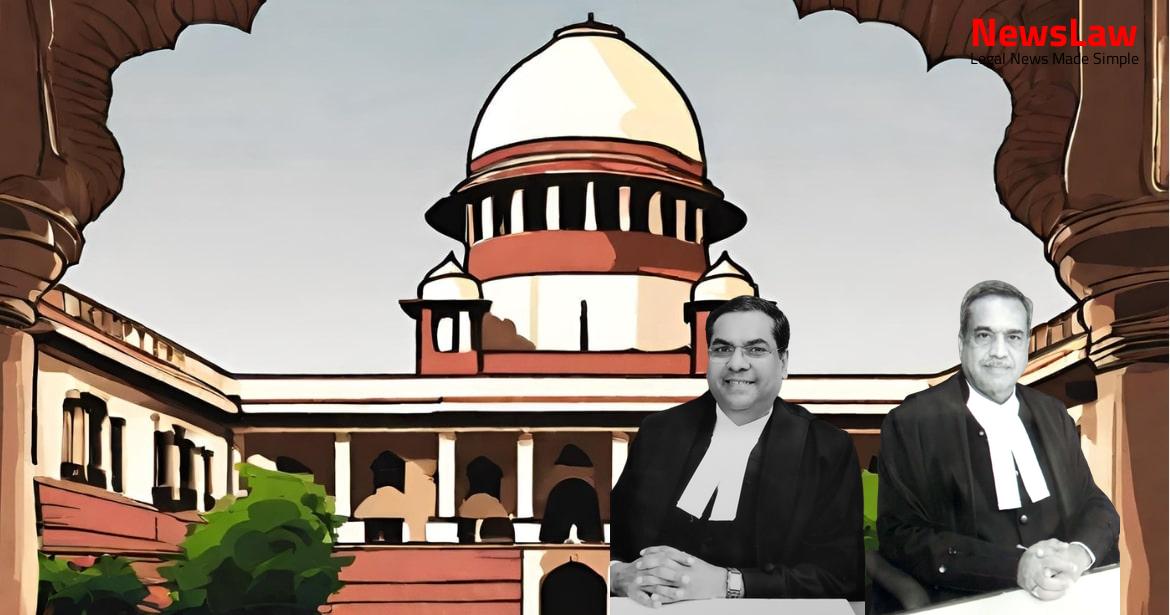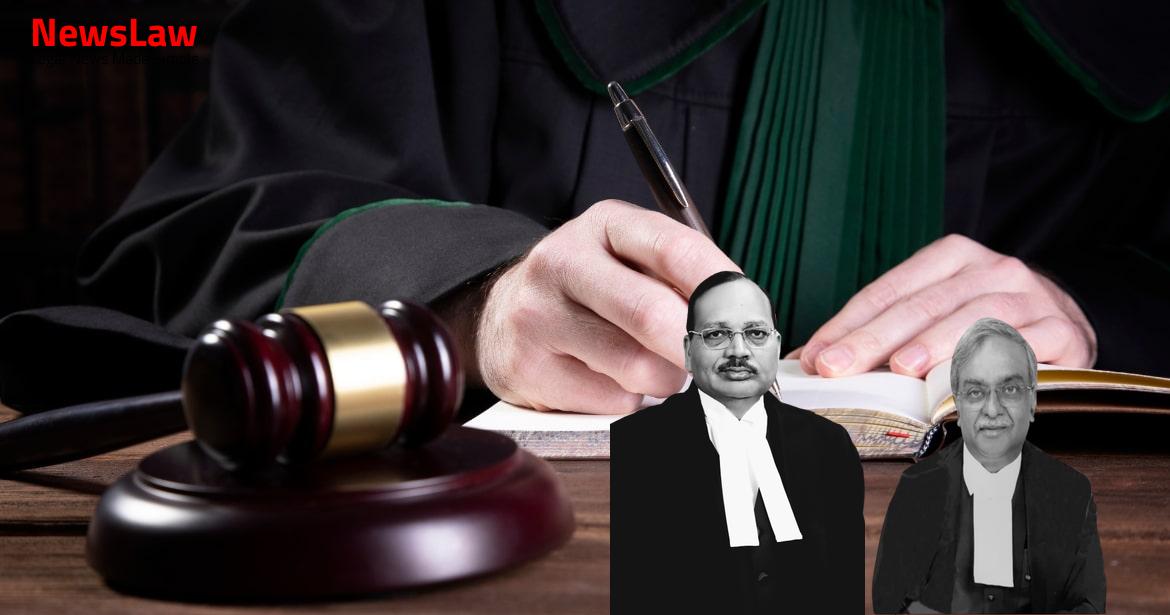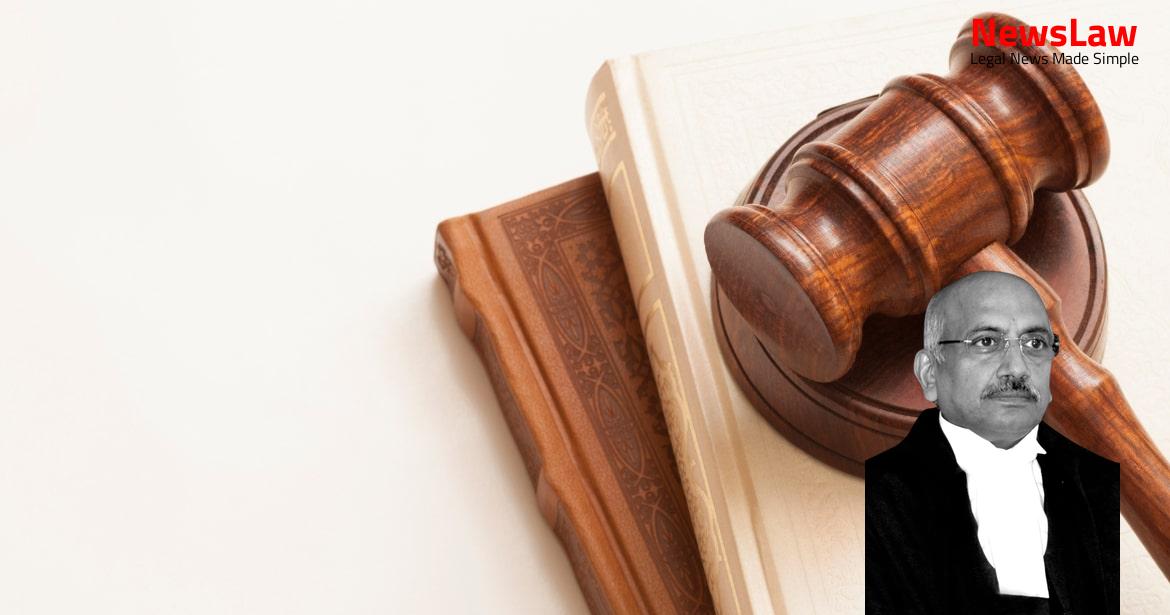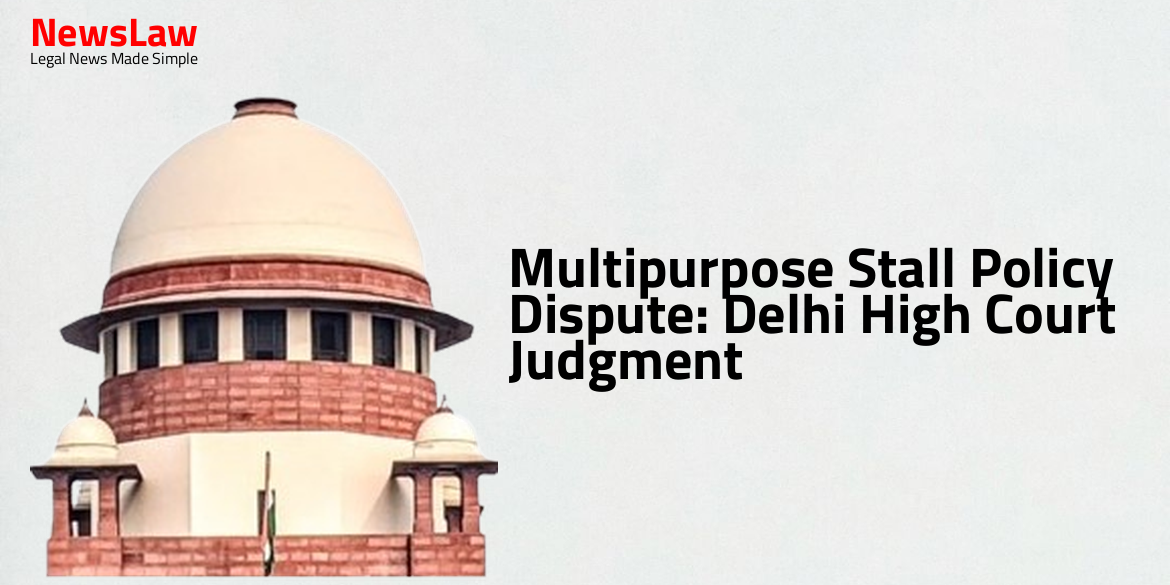A recent legal case delves into the complexities surrounding the validity of a gift deed, with a focus on the court’s meticulous legal analysis. Lower courts’ decisions were overturned based on a thorough examination of the facts and legal principles at play. Discover how the court’s rulings shed light on the intricacies of gift deed execution and its implications in this compelling case.
Facts
- The Sub-Judge Class, Chamba, Himachal Pradesh, in a judgment dated 17 December 1997, accepted the gift deed as a registered document but deemed it of decrepit origin.
- The High Court of Himachal Pradesh at Shimla allowed the second appeal and decreed the suit filed by the plaintiffs Gian Chand and Dhanbir, setting aside the findings of the trial court and first appellate court.
- The dispute revolves around land owned by Hardei, who died issueless in 1991, with Gian Chand being her brother’s son and Keshav her sister’s son.
- The High Court reversed the earlier findings, citing misinterpretation of evidence by the trial court and first appellate court in a decision on 14 June 2010.
- The High Court in its judgment dated 8 August 2018 allowed the appeal primarily citing the compliance with Sections 122 and 123 of the Transfer of Property Act, 1882, and the gift deed being a registered document enjoying the presumption of truth.
- Witness depositions by Devia (PW-4) and Ratan Chand (PW-3) were crucial in the High Court’s decision.
- A previous appeal by the plaintiffs before the District Judge, Chamba Division, was also dismissed with a similar conclusion on the execution of the gift deed.
- A substantial question of law framed by the High Court was deemed vague and improper by this Court in a previous order.
- Gian Chand and Dhanbir instituted Civil Suit No 149 of 1991 claiming that late Hardei had gifted them the land during her lifetime via a gift deed dated 23 December 1985, registered on 1 January 1986.
- Hardei had denied executing the gift deed and opposed mutation of the land in favor of the plaintiffs.
- The plaintiffs were never in possession of the land, even after the alleged gift deed.
- Hardei admitted that Keshav had been looking after and cultivating her land for the last 15 years.
- The suit was dismissed based on the contest and objection raised by Hardei.
- The second appeal was allowed in favor of the plaintiffs, decreeing the suit.
- Evidence showed Keshav had been caring for Hardei’s needs and was in possession of the land.
Also Read: Analysis of Bail Conditions in Criminal Appeal No. INSC 48/2024
Analysis
- The lower courts based their conclusions on a holistic examination of all evidence regarding the execution and validity of the gift deed.
- The courts considered various factual facets before accepting Keshav’s version that the gift deed was invalid.
- Voluntariness and animus necessary for the execution of a valid gift deed were the key issues in this case.
- The burden of establishing fairness and equity lies on the party receiving the benefit.
- The courts found the gift deed to be invalid based on multiple supporting facts surrounding Hardei’s situation and actions.
- The findings were not considered perverse but rather well-founded on relevant evidence.
- The courts also highlighted the principle regarding undue influence in transactions where one party benefits significantly.
- Hardei’s denial of executing the gift deed was a crucial factor considered by the lower courts in determining its validity.
- The delay in taking steps post the execution of the gift deed and the rejection of mutation raised further doubts about its validity.
- The lower courts rightly emphasized the disputed origin of the gift deed and its implications on its validity.
- The contextual and factual aspects surrounding the gift deed were thoroughly examined to dismiss the plaintiff’s claim for a declaration.
- Lower courts’ views and findings are well-reasoned
- Several factors repel and contradict the claim of a valid execution of the gift deed by Hardei favoring the plaintiffs
- Based on the above, the present appeal is allowed
Also Read: Conviction Upheld for Murder and Concealment of Body
Decision
- The impugned judgment has been set aside.
- The decision and decree passed by the trial court has been upheld.
- The decision was also affirmed by the first appellate court.
- No costs have been ordered.
Also Read: 1991 Decree Invalid: No Determination of Rights in Property Dispute
Case Title: KESHAV Vs. GIAN CHAND (2022 INSC 85)
Case Number: C.A. No.-000364-000364 / 2022



